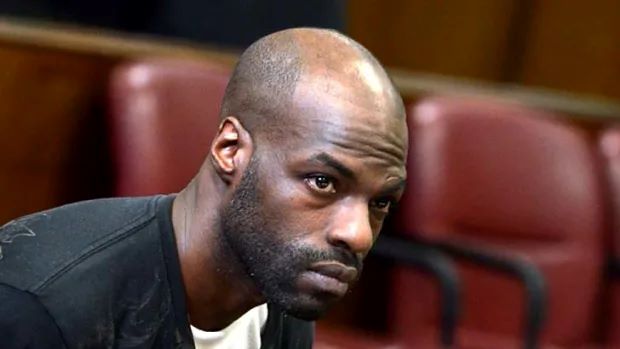Governor Hochul’s Clemency: Rapper G. Dep’s Path to Parole

In an unexpected turn, rapper Travell “G. Dep” Coleman, who gained notoriety for voluntarily confessing to a nearly two-decade-old cold case murder in 2010, has received clemency from Governor Kathy Hochul in New York. Now 49, Coleman, who had been serving a 15-year-to-life sentence, has been granted an earlier opportunity for parole, surpassing his original 2025 date.
Governor Hochul announced the clemency for 16 individuals, consisting of 12 pardons and four commutations. This marks the third instance in 2023 that the governor has exercised her clemency powers.
Governor Hochul emphasized the significance of recognizing individuals’ efforts to better their lives through the clemency process, acknowledging the potential for redemption. Coleman, known as G. Dep in the music world, demonstrated notable achievements during his incarceration, earning an associate’s degree and actively participating in violence prevention and sobriety counseling programs. His clemency application received support from the original prosecutor and the sentencing judge.
G. Dep, who gained fame with hits like “Special Delivery” and “Let’s Get It,” played a pivotal role in popularizing the Harlem shake dance in the early 2000s. As part of Sean “Diddy” Combs’ Bad Boy Records label, he rose to prominence but faced setbacks after his 2001 debut album, “Child of the Ghetto.” Struggling with drug use and minor legal issues, Coleman’s career took a downturn.
In 2010, haunted by the 1993 fatal shooting of John Henkel, Coleman decided to confess to his involvement in a teenage robbery in East Harlem that resulted in a shooting. John Henkel had been fatally shot three times in the chest outside an apartment complex. Coleman’s lawyer, Anthony L. Ricco, noted that the rapper’s life had been marked by remorse and guilt.
The clemency decision has garnered mixed reactions, with Coleman’s brother, Robert Henkel, expressing disapproval and labeling the prosecutor’s push for release as a “farce.” He specifically emphasized that seeking clemency for drug crimes is one thing but deemed it inappropriate for murder convictions.







